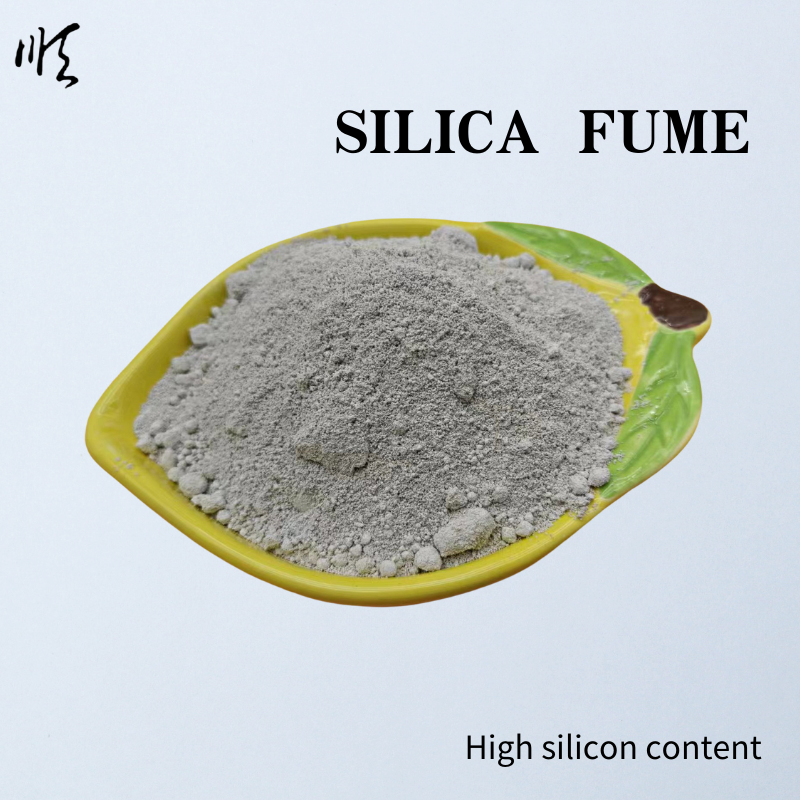
zeolite sand
The Versatility of Zeolite Sand
Zeolite sand, a naturally occurring mineral, has gained significant attention in various industries due to its unique properties and versatility. Composed primarily of aluminosilicate minerals, zeolite sand is characterized by its highly porous structure, ion-exchange capability, and ability to retain moisture. These qualities make it an invaluable resource in fields such as agriculture, aquaculture, water treatment, and environmental remediation.
In agriculture, zeolite sand serves as an excellent soil amendment. Its porous nature helps improve soil aeration and water retention, which is crucial for healthy plant growth. Additionally, zeolite can retain nutrients and release them slowly over time, enhancing nutrient availability for crops. This slow-release capability reduces the need for chemical fertilizers, promoting sustainable farming practices and minimizing environmental impacts.
In the realm of aquaculture, zeolite sand is utilized to improve water quality
. Its ion-exchange properties allow it to absorb ammonium ions, which can be harmful to aquatic life in high concentrations. By removing these toxins from the water, zeolite helps maintain a healthier environment for fish and other aquatic organisms. Furthermore, its ability to stabilize water pH levels contributes to the overall well-being of aquaculture systems.zeolite sand

Zeolite sand is also a powerful tool in water treatment processes. It can effectively remove heavy metals, toxins, and organic compounds from contaminated water, making it a vital resource in addressing water pollution. Its high adsorption capacity enables it to trap and immobilize harmful substances, thus ensuring cleaner and safer water for both human consumption and ecological systems.
In addition to these applications, zeolite sand plays a significant role in environmental remediation. It is often used in the treatment of hazardous waste and contaminated soils, where its unique properties aid in the immobilization of pollutants. By harnessing the natural detoxifying abilities of zeolite, we can mitigate the environmental impacts of industrial activities and promote a cleaner, healthier ecosystem.
Moreover, zeolite sand is a sustainable resource that promotes a circular economy. As a naturally occurring mineral, its extraction and use have a relatively low environmental footprint compared to synthetic alternatives. This makes it an attractive option for industries looking to adopt more sustainable practices.
In conclusion, zeolite sand is a remarkable mineral with diverse applications across various sectors. Its ability to enhance agricultural productivity, improve water quality, and aid in environmental clean-up makes it an essential tool in the quest for sustainable development. As research continues to uncover more of its potential, zeolite sand is poised to play a critical role in addressing some of the pressing environmental challenges of our time.
Share
-
Natural Premium Bentonite Cat Litter - Superior ClumpingNewsJul.31,2025
-
Premium Resin Coated Sand - High Heat Resistance CastingNewsJul.31,2025
-
High Quality Silicon Carbide Grit for Abrasive ApplicationsNewsJul.30,2025
-
High-Quality Ceramsite for Plants & Gardening | Lightweight PebblesNewsJul.29,2025
-
Premium Burgundy Glass Marbles for Vases & Shooter GamesNewsJul.29,2025
-
High Purity Quartz Sand for Industrial and Ground ApplicationsNewsJul.29,2025






